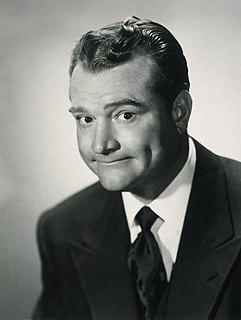A Quote by Agnes Repplier
Laughter springs from the lawless part of our nature.
Related Quotes
There is a form of laughter that springs from the heart, heard every day in the merry voice of childhood, the expression of a laughter - loving spirit that defies analysis by the philosopher, which has nothing rigid or mechanical in it, and totally without social significance. Bubbling spontaneously from the heart of child or man. Without egotism and full of feeling, laughter is the music of life.
It is part of our human nature to want to be liked. It is part of our human nature to worry about what others think of us. It is an attribute of greatness and of American exceptionalism to not surrender to our nature, but to be guided by an inner calling to persevere and to prevail, no matter the personal cost.
laughter, that distinctively human emotion, laughter which springs from trust in the other, from willingness to put oneself momentarily in the other's place, even at one's own expense, is the special emotional basis of democratic procedures, just as pride is the emotion of an aristocracy, shame of a crowd that rules, and fear of a police state.
Devotion {to the spiritual master} becomes the purest, quickest, and simplest way to realize the nature of our mind and all things. As we progress in it, the process reveals itself as wonderfully interdependent: We, from our side, try continually to generate devotion; the devotion we arouse itself generates glimpses of the nature of mind, and these glimpses only enhance and deepen our devotion to the master who is inspiring us. So in the end devotion springs out of wisdom: devotion and the living experience of the nature of mind becomes inseparable, and inspire one another.





































